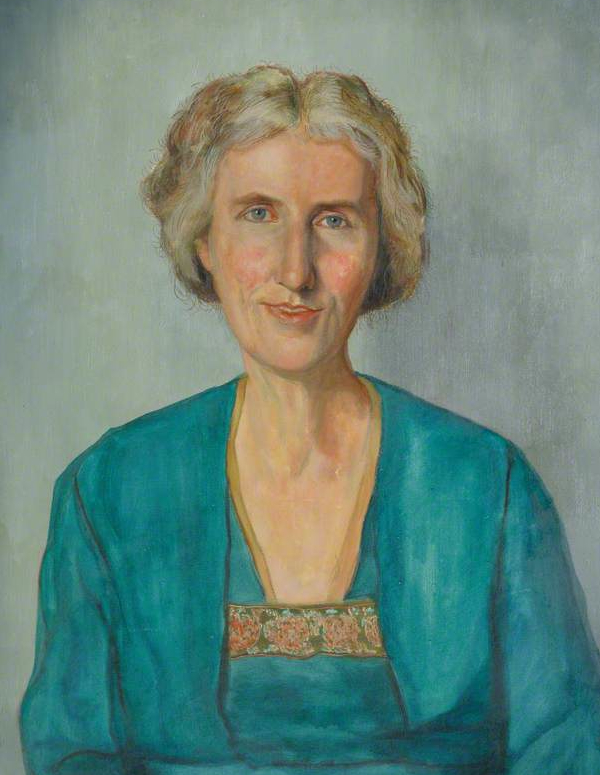Queer Places:
University of Cambridge, 4 Mill Ln, Cambridge CB2 1RZ
 Dorothy
Frances Buxton (née Jebb; 3 March 1881 – 8 April 1963) was an English
humanitarian, social activist and commentator on Germany. Childhood as a
status that comes with its own citizenship rights arrived on the British
scene of welfare undertakings in the early 20th century mainly through the
efforts of Eglantyne Jebb, lover of
Margaret Keynes and
co-founder with her sister Dorothy Buxton of the Save the Children Fund.
Dorothy
Frances Buxton (née Jebb; 3 March 1881 – 8 April 1963) was an English
humanitarian, social activist and commentator on Germany. Childhood as a
status that comes with its own citizenship rights arrived on the British
scene of welfare undertakings in the early 20th century mainly through the
efforts of Eglantyne Jebb, lover of
Margaret Keynes and
co-founder with her sister Dorothy Buxton of the Save the Children Fund.

Dorothy Frances Jebb was born 3 August 1881 in Ellesmere, Shropshire, the
youngest of three sisters born to Arthur Trevor Jebb (1839-1894)
and Eglantyne Louisa Jebb. Her mother's brother was the Cambridge
classicist Richard Claverhouse Jebb, and Dorothy was educated at Newnham
College, Cambridge.[1]
In 1904 she married Charles Roden Buxton, at that time a Liberal politician,
and the pair were active in the Liberal Party. In 1915 she joined
the Women's International League for Peace and Freedom. In 1917 she and her
husband left the Liberal Party for the Labour Party, and joined the Society
of Friends.[2] During
the First World War she compiled 'Notes from the Foreign Press' for
the Cambridge Magazine. Her writing inspired the Fight the Famine Council,
founded in 1918 as an effort to alleviate starvation of civilians
in Germany and Austria-Hungary during the Allied blockade of
Germany in World War I, which led to the Save the Children Fund, which she
and her sister Eglantyne Jebb founded in 1919.[2]
In 1935, increasingly concerned at Nazi treatment of Christians in Germany,
she visited Germany to see for herself.[3] She
secured an interview with Hermann Göring to raise the issue of treatment of
civilians.[2] On
her return she informed George Bell, Bishop of Chicester, that German
Christians whom she had met "seemed oppressed and bound with the apparent
necessity of extreme caution".[4] Though
her husband campaigned for appeasement of Germany, Dorothy Buxton became
convinced that war was necessary against the Nazis.[3]
During World War II she campaigned for refugees from Nazi Germany, as well
as for the welfare of German prisoners of war.[2]
She died 8 April 1963 in Peaslake, near Guildford, aged 81.[1] Papers
relating to her and her husband are held at the London School of Economics.[5]
My published books:


BACK TO HOME PAGE

 Dorothy
Frances Buxton (née Jebb; 3 March 1881 – 8 April 1963) was an English
humanitarian, social activist and commentator on Germany. Childhood as a
status that comes with its own citizenship rights arrived on the British
scene of welfare undertakings in the early 20th century mainly through the
efforts of Eglantyne Jebb, lover of
Margaret Keynes and
co-founder with her sister Dorothy Buxton of the Save the Children Fund.
Dorothy
Frances Buxton (née Jebb; 3 March 1881 – 8 April 1963) was an English
humanitarian, social activist and commentator on Germany. Childhood as a
status that comes with its own citizenship rights arrived on the British
scene of welfare undertakings in the early 20th century mainly through the
efforts of Eglantyne Jebb, lover of
Margaret Keynes and
co-founder with her sister Dorothy Buxton of the Save the Children Fund.

